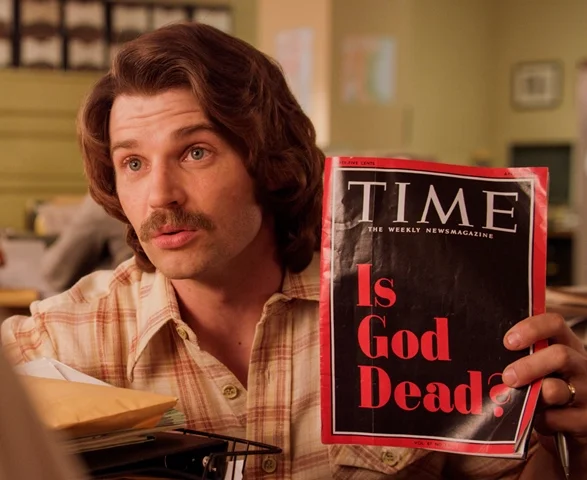With an Oval Office-endorsed pastor chatting with a Fox News star, no wonder the evangelical scribes at The Babylon Bee saw last week's rites at First Baptist Church in Dallas as must-see television for Donald Trump supporters.
The Bee headline proclaimed: "Sean Hannity Leads First Baptist Dallas In Sincere Prayer To Donald Trump."
The satire website pretended that Hannity prayed: "We just ask, Father Trump, that you would just, just use this place to advance the good news of right-wing politics, that you would spread your message far and wide. … Amen!"
That's fake news, of course.
The reality was more complex than that. While there were Trumpian overtones, this Sunday service demonstrated how many evangelicals have fused talk-show media, faith and politics to create a unique American niche culture, said a conservative church-state scholar at Baylor University, in Waco, Texas.
"It struck me how different this kind of evangelicalism is, compared with what we've known in the past," said Francis Beckwith, after watching the "America At The Crossroads" event online.
"Evangelicals have always tried to reach out to unbelievers, trying to win them over. … But no outsider is ever going to be persuaded by this. The whole purpose was to rally their base, the people they already have. … Maybe they realize that there's no persuading going on in America, right now. People are just preaching to their choirs."










